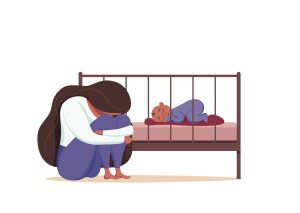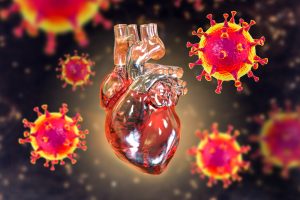World Alzheimer’s Day takes place during World Alzheimer’s Month and is on 21 Sep every year.
Alzheimer’s disease is a type of dementia that affects people’s memory, thinking, behaviour and ability to take care of themselves. It is the most common cause of the decline in cognitive ability worldwide, with more than 50 million people currently living with the condition. Each September, people unite from all corners of the world to raise awareness and challenge the stigma that persists around Alzheimer’s disease and all types of dementia.
Prevalence
Every 3 seconds, someone in the world develops dementia, that’s 10 million new cases of new cases each year worldwide. There are more than 50 million people living with dementia in 2020, with 60% of those living in low and middle-income countries. As a disease of the ageing population, the fastest growth in the elderly population is taking place in China, India, and Southeast Asia.
Symptoms
Alzheimer’s disease is a neurodegenerative disorder that usually affects people over the age of 65. It has an insidious onset and may be very hard to notice. The initial and most common presenting symptom is episodic short-term memory loss with relative sparing of long-term memory. As the disease progress, some of the common symptoms include:
- Cognitive impairment
- Insidious onset
- Slow progression
- Language impairment
- Disorientation: to person, place, time, or events
- Poor judgment
- Behaviour changes:
- Lack of interest or motivation
- Agitation, aggression, irritability, frequent mood swing
- Symptoms of depression
- Incontinence
- Hallucinations and paranoia
- Insomnia
Symptoms progress differently in different people, depending on the exact area of the brain affected.
Aetiology
There have been extensive arguments within the scientific community over the exact cause of Alzheimer’s dementia. Amyloid plaques and neurofibrillary tangles formation in the brain are one of the main causes. They prevent neurological signals from being transmitted properly in our brains and kill some of the neurons by blocking their energy supply. Alzheimer’s disease is characterised by neuronal death and subsequent brain shrinkage. Some genes including APP, presenilin-1, presenilin-2 and ApoE have been associated with plaque formation. Other established risk factors include:
- Ageing
- Family history of dementia
- Diabetes, obesity, poor blood lipid profile
- Traumatic brain injuries
- Smoking
- Long-term sleep deprivation
Diagnosis
A formal diagnosis of Alzheimer’s disease is based on both clinical symptoms and neuropsychological testing. Usually, the doctor will take a detailed medical history, including family medical history as well sometimes. They will then perform a complete physical and neurological examination, check patients’ intellectual function and order medical imaging such as an MRI scan to assess the shrinkage of the brain. After receiving the result of the scan, which usually takes 3-5 days, your doctor can then inform you about the diagnosis.
Treatment
Unfortunately, there is no current curative therapy for Alzheimer’s disease. Certain medications which help to boost up brain cell signals can temporarily improve cognitive symptoms of mild Alzheimer’s disease. However, they do not stop the progression of the underlying cause. Patients can also have medication which targets symptoms like insomnia, agitation, or depression to improve their quality of life. Lifestyle modifications play a huge part in improving Alzheimer’s patient’s life expectancy:
- Maintain social interaction with friends and family
- Engage in recreational activities: art, puzzles, music, pet therapy
- Set up a regular daily schedule
- Good sleep hygiene
- Use sticky notes to help with memory
- Keep regular exercise
- Regular blood tests to monitor other aspects of health
- Mediterranean diet
Conclusion
Alzheimer’s disease, along with many other forms of dementia, is not part of the normal ageing process. Friends and family of Alzheimer’s patients can feel frustrated sometimes. This year, World Alzheimer’s Day aims to bring a special focus on post-diagnostic support.
Following recent developments and potential breakthroughs, in both dementia treatment and support, the campaign will aim to highlight the importance of support for people living with dementia and families following a diagnosis. To know more about Alzheimer’s disease, and World Alzheimer’s Day, or if you’d like to get involved, click here for Alzheimer’s Disease International.












